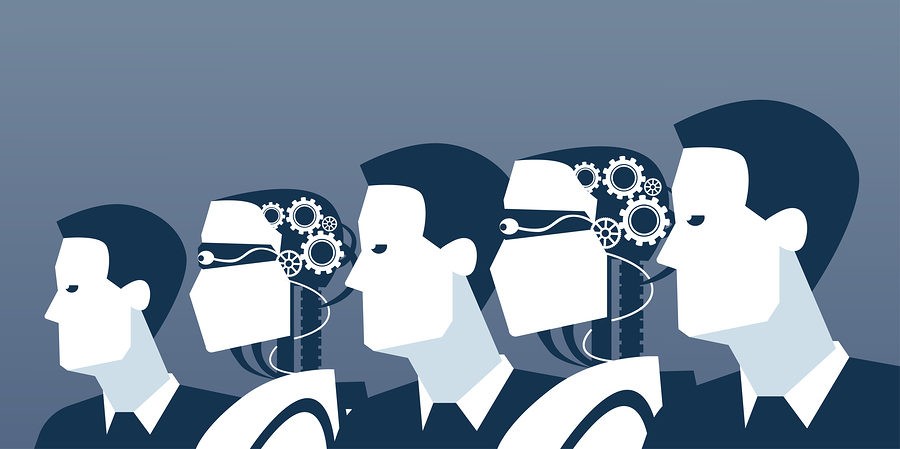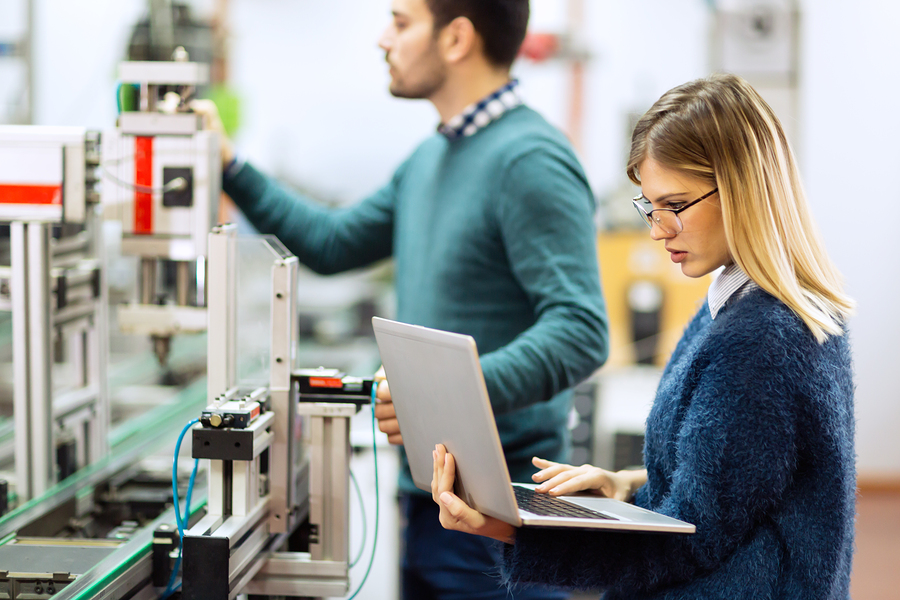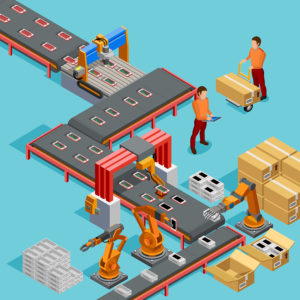What Is Industry 5.0 — and How Will It Affect Manufacturers?

Manufacturing has been changing since the Industrial Revolution first brought steam- and water-powered machines into being. The second Industrial Revolution meant large-scale production, electric-powered machines, and the efficiency of the assembly line. Then came the third, ushering in computers necessary to control automated machines, followed by the fourth with connected smart machines. But change is one of the few constants in this industry, and the fifth Industrial Revolution, aka Industry 5.0, is already becoming part of the manufacturing landscape.

What is Industry 5.0?
As Industry 4.0 was centered around the Internet of Things connecting devices on the plant floor, Industry 5.0 is focused on interaction between humans and machines. While we’re already starting to see this as humans work alongside machines and are connected to smart manufacturing plants via devices, the fifth Industrial Revolution is likely to continue the push toward more advanced human-machine interfaces. This will mean improved integration, allowing faster, better automation paired with the power of human brains.
This also means robots aren’t going to be taking over manufacturing plants any time soon. In fact, the shift from Industry 4.0 to 5.0 means more emphasis on human manufacturers. And this shift — bringing together the best of both the human and machine worlds — will likely also mean improved productivity.
New-age changes
 Production line collaboration will bring about many changes and Industry 5.0 is also likely to affect the economy, ecology, and the social world, according to the LinkedIn article. Both the economy and environment could see major impacts because of reduced wasted material as manufacturers move toward zero-waste production, also reducing material expenses and waste management costs. In terms of the social environment, Industry 5.0 will return focus to the human aspect of manufacturing whereas Industry 4.0 focused solely on the technology.
Production line collaboration will bring about many changes and Industry 5.0 is also likely to affect the economy, ecology, and the social world, according to the LinkedIn article. Both the economy and environment could see major impacts because of reduced wasted material as manufacturers move toward zero-waste production, also reducing material expenses and waste management costs. In terms of the social environment, Industry 5.0 will return focus to the human aspect of manufacturing whereas Industry 4.0 focused solely on the technology.
With this focus returning to humans, the fifth Industrial Revolution may also require a new manufacturing role: Chief Robotics Officer (CRO). This C-suite position will require an expert who specializes in human-machine connectivity and be responsible for all things tech, from making decisions on which machines or devices to add to the plant floor to improving strategies for optimizing the production line.
How will these changes affect your manufacturing plant? It depends on how willing you are to embrace Industry 5.0 as well as how quickly you choose to adopt and implement the technologies necessary to bring the next Industrial Revolution to your plant floor.